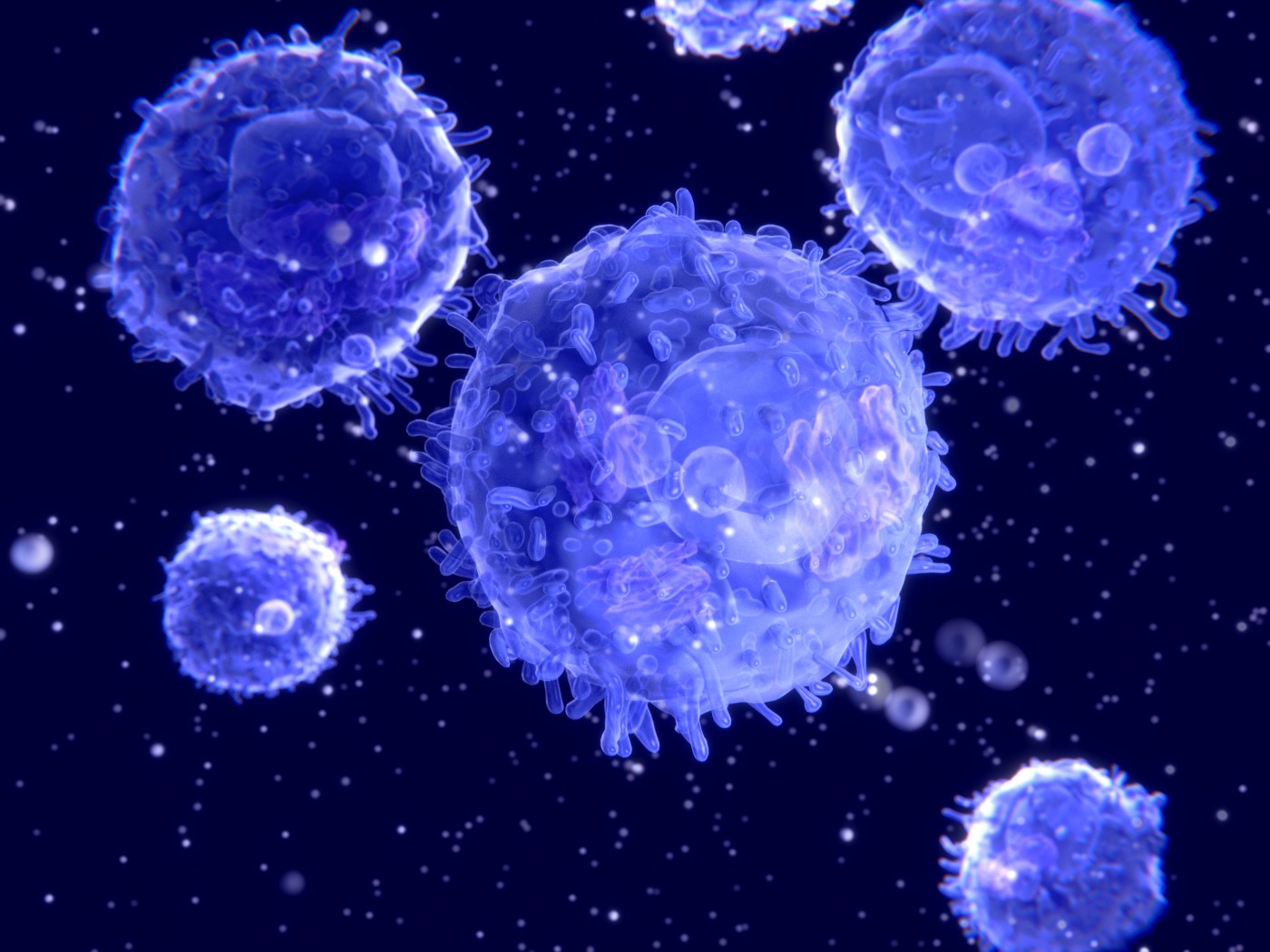In a recent study published in Science Signaling entitled “The E3 ligase APC/CCdh1 promotes ubiquitylation-mediated proteolysis of PAX3 to suppress melanocyte proliferation and melanoma growth“, scientists from the Boston University School of Medicine (BUSM) found that humans susceptible to develop melanoma cancer have lower levels of Cdh1, a tumor suppressor gene. This gene belongs to a protein complex called Anaphase-Promoting Complex (APC/C).
Melanoma is a cancer that develops from pigmented cells. Although the disease commonly affects skin yielding brown-dark pigments, it may also occur on other parts of the body like eyes, intestines and mouth. For skin related melanoma, 25% of cases develop from moles going through changes like color, increase in size, itchiness and formation of irregular edges on the mole. Patients with melanoma may experience symptoms of fatigue, loss of appetite, and nausea/vomiting. The danger of melanoma cancer is that it may spread to other parts of the body like liver, abdomen and bones, especially if it is not identified and treated earlier. It is worth noting that melanoma is the most dangerous skin cancer with a high percentage of mortality. With respect to gender, statistics show that men are more susceptible to develop melanoma than women.
This cancer is caused by a variety of factors including exposure to ultraviolet radiation and genetic mutations. In this recent study, a group of researchers from Boston University School of Medicine (BUSM) identified a new genetic mutation in melanoma cancer cells using bioinformatics to understand gene mutations at the level of the protein complex APC/C that regulates cell replication cycles. The team found that the mutations responsible for melanoma development result mainly from exposure de ultraviolet light. They demonstrated that cell proliferation in pigmented skin (melanocytes) is controlled by the tumor suppressor gene Cdh1. Furthermore, they noticed that abundance of this gene (Cdh1) is reduced in samples taken from mild and advanced melanoma patients when compared to samples from healthy skin.
This study demonstrates that Cdh1 plays key role in melanoma cell proliferation. These results provide important insights into the molecular genetics of melanoma that may lead to the improvement of therapeutic methods used to treat this type of cancer. The authors suggest that by increasing the abundance of the gene Cdh1 in melanoma cells, it would be possible to suppress cancer cell proliferation. In turn, this will yield a better sensitivity to anticancer drugs like doxorubicin, thus reducing mortality rates associated with melanoma.


